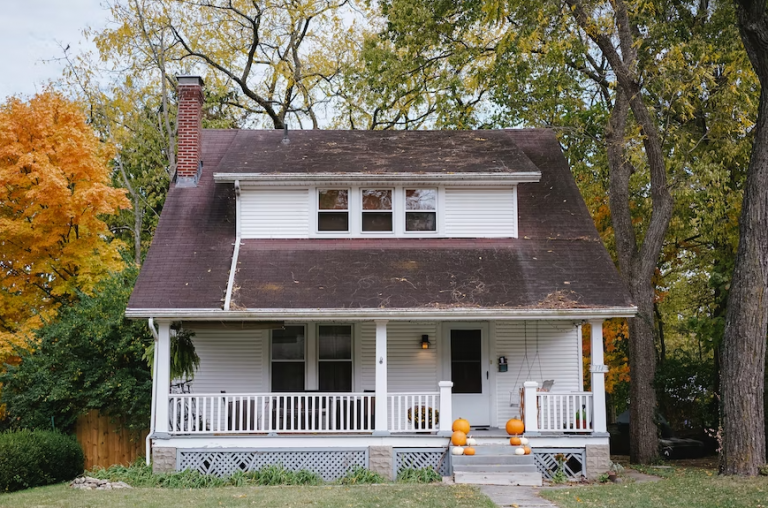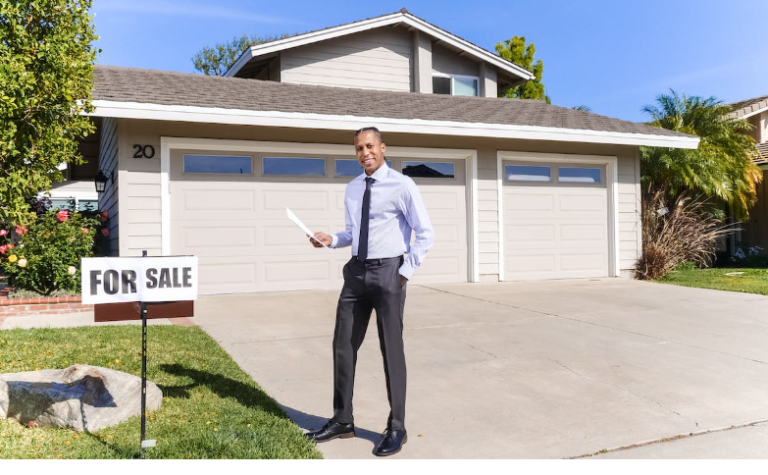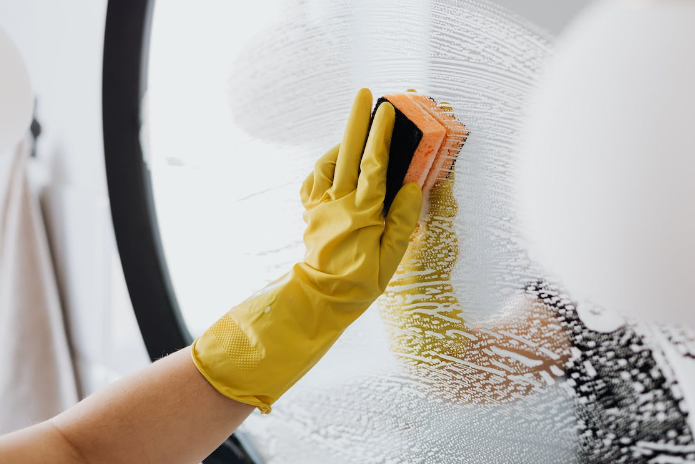House of the Dead: What to Consider When Buying a House from a Deceased Estate?

Nowadays, buying properties has become pretty much a normal thing. From providing a new home for your family or a place to start your business, the reasons why people buy a house are endless. And whatever your reason for purchasing, it all requires a significant investment on your part. That is why it is always essential to ensure that the process of buying is trouble-free. With money in the process, we all want to invest in real estate priced below market value. Often, these are part of a deceased estate. Typically, you may be tempted to invest in buying a house from a deceased estate because it is a safe investment at a lower cost than its actual value.
Is Buying a House from a Deceased Estate an Easy Process?
No, everything isn’t rainbows and unicorns. Purchasing a deceased estate can be difficult, especially if you are not careful. Before you buy one, there are some things you should know and understand. And we begin by understanding what a deceased estate is.
What Is a Deceased Estate?
As the name suggests, a deceased estate is a property or asset owned by a dead person. When a person dies, his entire estate is referred to as a deceased estate. In most cases, a deceased person’s estate will be administered by an executor appointed in the dead person’s last will. Now that you know the differences between typical real estate and deceased estate, the entire deceased estate buying process becomes easier. But to help you stay on the right track, check out these factors to consider when buying a house from a deceased estate.
6 Things to Do When Investing in a Deceased Estate
When dealing with processes that involve a lot of money, you should take extra precautions. The same applies to buying a house from a deceased estate. For a risk-free transaction, do the following:
Factor #1. Do Your Research!
Property investment is a lucrative business. So, you have to research how the world of property investing works before you commit to it. From legal ownership to tax implications, you should understand how the buying process works at each stage. While you can easily find information about property investment on deceased estates on the internet, it is still vital to seek advice from professionals such as estate lawyers, executors, and tax specialists. They can assist you in understanding the legal processes involved in purchasing. And here are the things you can discuss with them: State of the market Costs History of the property
Factor #2: Get a Grant of Probate
It is important to note that family feuds over property may arise after a person dies. And because this can be so chaotic, you should ensure that what you purchased is legally binding. So, what are your options? Always request a copy of the deceased estate’s probate or letter of administration from the executor. You may be wondering why you should legally check this, don’t you? This document ensures that the seller has secured the right to sell the house in their name, not the deceased owner’s. In addition, find out how long probate acquisition takes before entering into a contract of sale. The majority of processes can be time-consuming. If possible, give the seller a deadline.
Factor #3: Ensure Ownership Rights
Verify that the property has no ownership issues to facilitate a seamless transaction. What does this imply? To legally execute the contract of sale, you should see that the registered name under the deceased estate property is the name of the executor or designated heir. In other words, the name on the title should be the name of a living person (executor or heir). Transferring property without their consent would be meaningless. Hence, exercise caution.
Factor #4: Check Mortgage
You should check the ownership and see if the deceased estate is subject to any mortgages or other outstanding debts. A mortgage occurs when a creditor lends money to a person in exchange for the title to the debtor’s property, and this property is used as collateral to help save the loan. Thus, ask the seller to ensure that the lender consented to the transfer of title. After all, you don’t want to wake up one day with a list of problems for a house that wasn’t even yours.
Factor #5: Prepare Your Money
Even if all the legal processes are complete, you cannot continue with ownership if you lack sufficient funds. So, if you want to buy a deceased estate, get your money ready. You can pay in cash or through other means of financing, such as a loan. In the latter case, communicate with the lender to learn about the loan’s guidelines or terms. It would be best to consider how your investment would affect your finances. Will it benefit your family? Will this help your company grow? Whatever it is, make sure you have a budget goal in mind. Fortunately, as stated in this article, most deceased estates are less expensive than other real estate types. Perhaps it is more reasonable to invest in one.
Factor #6: Find a Cleaner
After clearing legal transactions, it is time to inspect the property. Do you want to do business, or have your family live in a house that wasn’t previously yours? Probably, no. You want to make it your own by personalising it. And before you begin customising it, you must thoroughly clean it. And, if you need assistance with deceased estate cleaning, look no further than Deceased Estate Sydney. We can certainly assist you in the overall cleaning process, allowing you to stay in a home that you can truly call your own.
Need More Suggestions? Call 0408 629 666!
If you have difficulty buying a house from a deceased estate, especially if extensive cleaning and clearing are required, rely on the experts at Deceased Estate Sydney. We are only a phone call away. You can never go wrong when you trust our team of experts! Get in touch with us today.




